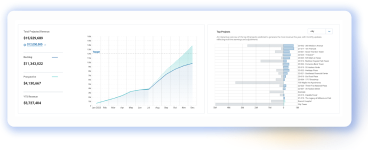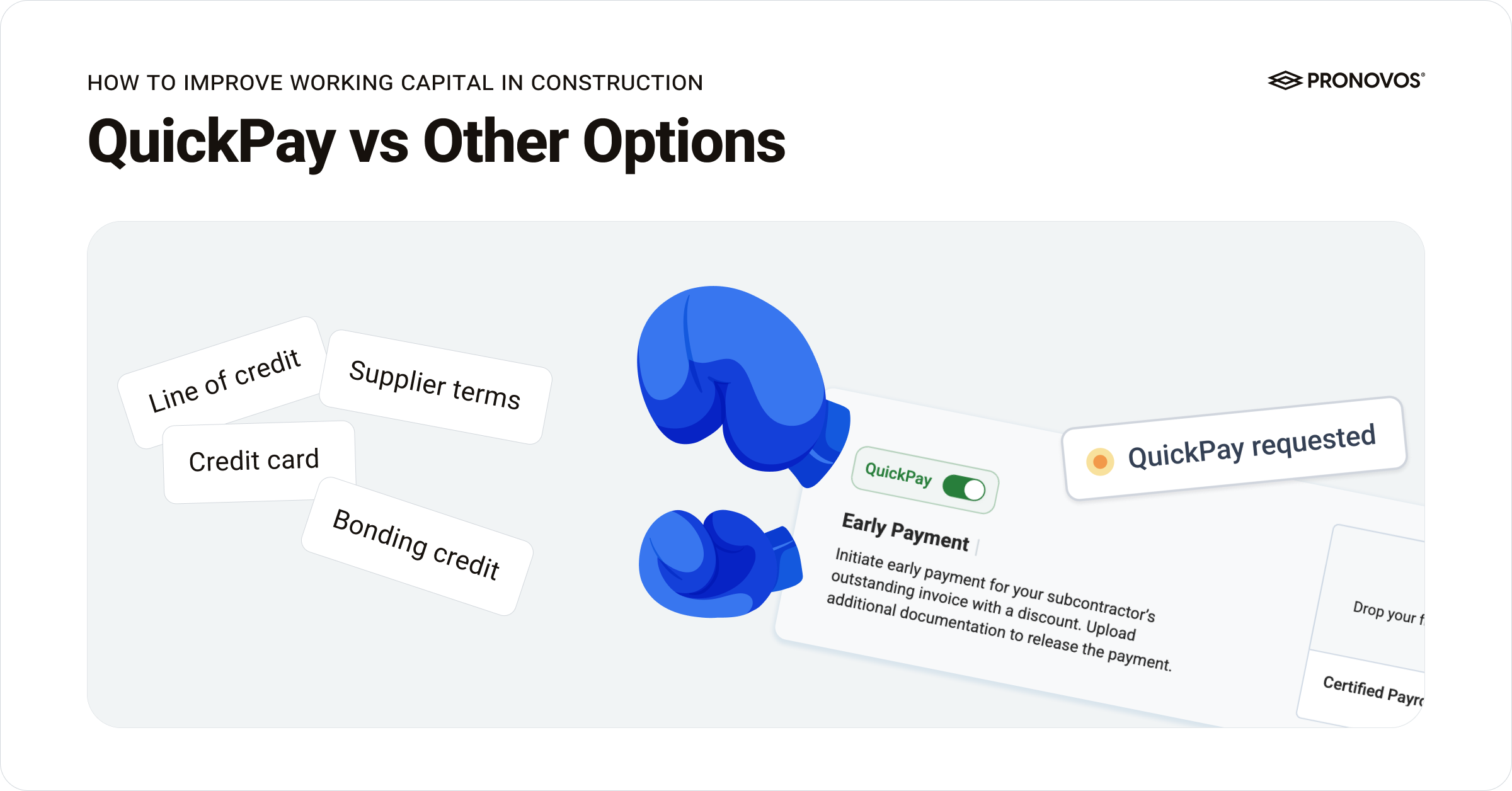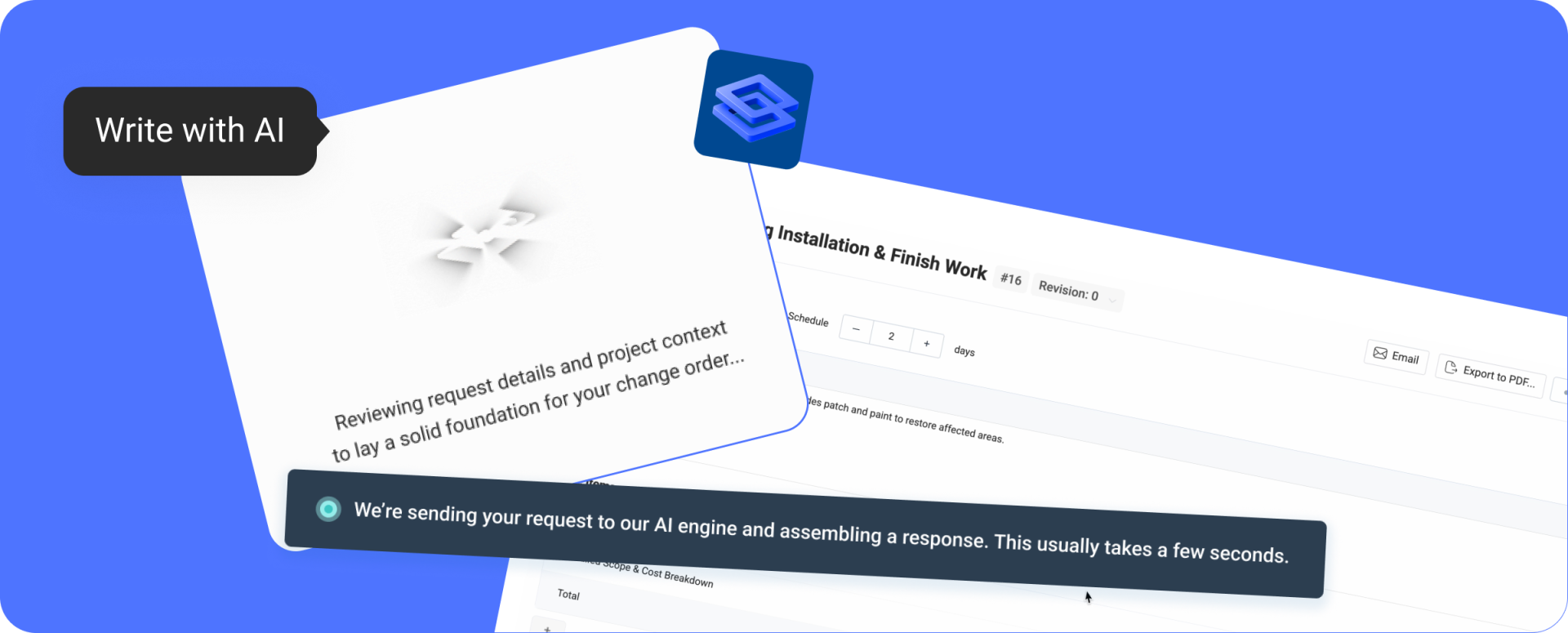The construction industry runs on tight margins, complex projects, and constant change. That’s why your CPA is one of your most valuable business advisors. At the 2025 Construction Intelligence Summit, we asked CPAs from Top 100 accounting firms what advice they wish every construction company followed.
Here’s what they said, in their own words, when asked What’s one thing you wish your construction clients did, or something you’re glad they’re already doing?


 Paul Atkinson
Paul Atkinson Chris Mast
Chris Mast Brian Muncy
Brian Muncy Ken Hedlund
Ken Hedlund Lisa Baalman
Lisa Baalman Dean Willingham
Dean Willingham Dan Stanhope
Dan Stanhope

